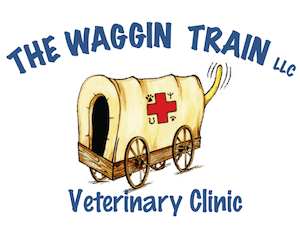What is the most important thing to know about raising a healthy kitten?
Dr. Broussard
The Waggin' Train Veterinary Clinic
What are the right and wrong ways to pick up a kitten?
How can I tell if my kitten is happy and healthy?
How should I feed my kitten?
What are some products I might need for my kitten?
How soon should I bring my new kitten to see a veterinarian?
What will a veterinarian look for during an initial kitten care visit?
What are some early signs and symptoms of health issues in your kitten?
Why is it important to avoid self diagnosing possible kitten health problems?
When should my kitten get vaccinations?
What do you need to know about kitten behavior?
Kitten Care - FAQ
Dr. Broussard
The Waggin' Train Veterinary Clinic
What are the core vaccine requirements for kittens?
What are non-core vaccines for kittens and why does my kitten need them?
How soon should my kitten be vaccinated?
Why does my cat need vaccines if they're only going to stay indoors?
Are there any risks or side effects associated with kitten vaccines?
What if my kitten misses a vaccination?
Can my kitten go outside if not all vaccinations have been given yet?
Why is it important to get my kitten vaccinated by a veterinarian?
If you still have any other questions and you'd like to reach out to us, you can call us directly at (337) 223-9581, you can email us, or you can reach out on Facebook if you'd like. But please do reach out, we'll try and get back to you as fast as we can.

